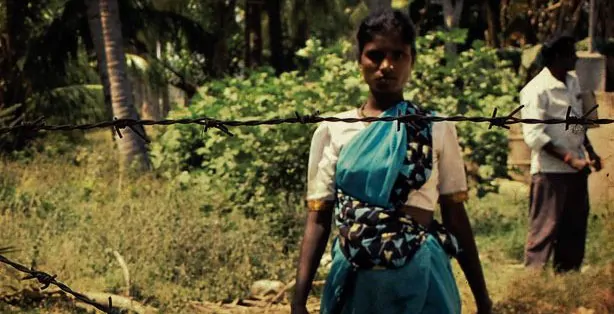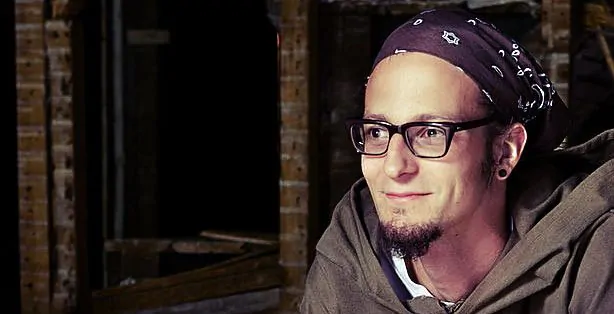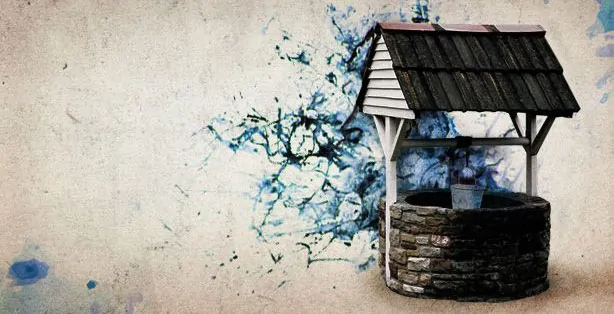
A few weeks ago, I visited my International Justice Mission colleagues in one of our four South Asia field offices. While there, I sat in on a case briefing. In a very businesslike manner, the investigator leading the briefing told the story of a woman he had just met named Shanthi.
Shanthi works in a rice mill, he told us. She and her family are beaten by the manager on a regular basis. One day, like anyone who hates her job would, Shanthi decided to leave. But when the mill owner found out she had left, he sent some of his men to retrieve her. They quickly found her, beat her publicly and brought her back to work.
Shanthi is a slave.
Her owner extracts labor from her and her family without paying them. He verbally taunts them and physically abuses them. And he has begun regularly sexually assaulting her adolescent daughter.
When people seek to describe the condition of slaves or others who are treated with great indignity, such people will often seek to emphasize their point by saying they are treated “like dogs” or “like cattle.” But this is actually not accurate. While owners of dogs or cattle typically treat them as things, they rarely, if ever treat them with unbridled contempt. There is something about owning a person that causes the initial business expedient of using slave labor to deteriorate into white-hot contempt.
It’s an evil that is not uncommon. In fact, there are more people held in slavery today than were during the entirety of the trans-Atlantic slave trade—estimates range from 20 to 40 million. They are children, women and men, held in nearly every type of industry, all around the globe.
{sidebar id=24}
These millions of slaves are victims of injustice—that specific kind of suffering caused by an oppressor who abuses whatever power he has to take something that rightfully belongs to the person he is oppressing—her life, liberty, or the fruit of her love or labor.
Through International Justice Mission’s work in 12 developing countries, we have seen that the world’s poor do not usually suffer because of knotted, complex human rights violations, but because of acts of unvarnished violence that are already against their country’s laws: Slavery, sexual violence, human trafficking, illegal land and property seizure, and police brutality are a tragic and daily reality for the poor around the globe.
And so, what do we do with this information? What do we do with the knowledge that nearly 2 million children are exploited in the global commercial sex industry each year? How do we respond to the fact that across Africa, widows are unceremoniously thrown from their land and homes by their late husbands’ families as they grapple with the death? How do we deal with knowing that Shanthi and her daughter will awake another day to know only pain, labor and abuse?
We draw near to the suffering of our neighbors—because we believe there is hope that things can actually change.
And we have seen incredible hope in ensuring that the poor are protected by their own justice systems. My colleagues around the world investigate abuse and partner with local authorities to bring relief to victims of oppression. IJM’s lawyers seek to ensure that perpetrators are held accountable under local law for the suffering they have inflicted, so they are unable to continue to harm others and would-be perpetrators learn that oppressing the weak has serious consequences. We walk alongside former victims, helping them to heal through access to social services, job training, education counseling and more.
And these investigators, lawyers and social workers are joined in the fight by committed people across the globe, each doing what they can to bring power to the powerless—by contacting their legislators to encourage support of anti-slavery legislation, by raising awareness of the issues on their campuses and in their communities, by refusing to purchase products made on the backs of slaves.
And this support matters. It mattered for Shanthi and her family. Just a few weeks ago, mother and daughter both walked out of that rice mill for the last time. They each received individual emancipation proclamations—official Release Certificates—stating categorically and with the full authority of their government, that they are now, and will forever be, free.
One might be tempted to think the men and women who follow Jesus’ call to love their neighbors and end up freeing slaves are superheroes. They’re not. They are ordinary men and women who have come with only the skills and talents they have. They live free from the delusion that in order to love the oppressed they must bring to Jesus everything that is needed to solve the problem. And they actually do not even have all that much in common, except this one thing: They know their God and they have decided to draw near and love their neighbor. Will you?
Blair L. Burns directs IJM’s operations in South Asia. Learn more at IJM.org.






















